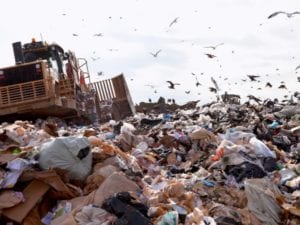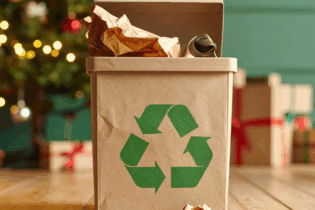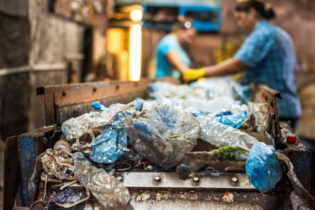Conservationists around the country are rejoicing after news broke that the dumping of liquid waste at landfill sites in South Africa will be banned from 22 August 2019.
The Department of Environmental Affairs’ Albie Modise confirmed the new regulation. He said the legislation prohibiting liquid waste disposal was first gazetted in August 2013 with a six year transitional period to allow the industry to put the necessary measures in place. “Prior to that, the work and consultation on the ‘Norms and Standards’ started in 2010,” Modise revealed. A key benefit of the new liquid waste legislation, according to Modise, is that the country’s groundwater reserves will receive protection from seeping hazardous liquids. He explained that landfills are known to produce leachate (liquid bearing soluble and suspended solids after it passes through matter) that is difficult to manage and treat, and leachate had the potential to seep into groundwater pools. “Some of the country’s major landfills taking industrial waste is finding it difficult to manage leachate.”Modise said his department couldn’t ignore the impact poor liquid management disposal practices had on landfill sites.
“The restrictions are aimed at addressing such difficulties, especially the management of leachate.” Modise said there would be a two-fold approach to liquid waste management. Businesses and industry must demonstrate that they will find mechanisms to reduce the liquid waste they generate and where they cannot reduce, they will have to investigate beneficial uses of that liquid waste. Disposal was the last resort. While waste disposal facilities must ensure that whatever volume of liquid waste is brought to their disposal sites will be reduced to having less than 40 % moisture content to minimise leachate generation. He assured that those who transgressed the rules would face enforcement action, which includes both criminal and administrative action. About policing, Modise said: “All facilities that dispose of waste are compelled through the various environmental authorisations they have, to report to us their compliance status with regard to the Norms and Standards. We also have a compliance monitoring unit that will undertake inspections to such facilities to assess compliance. Should the facility not comply with the requirements, enforcement action may be taken against transgressors.”






